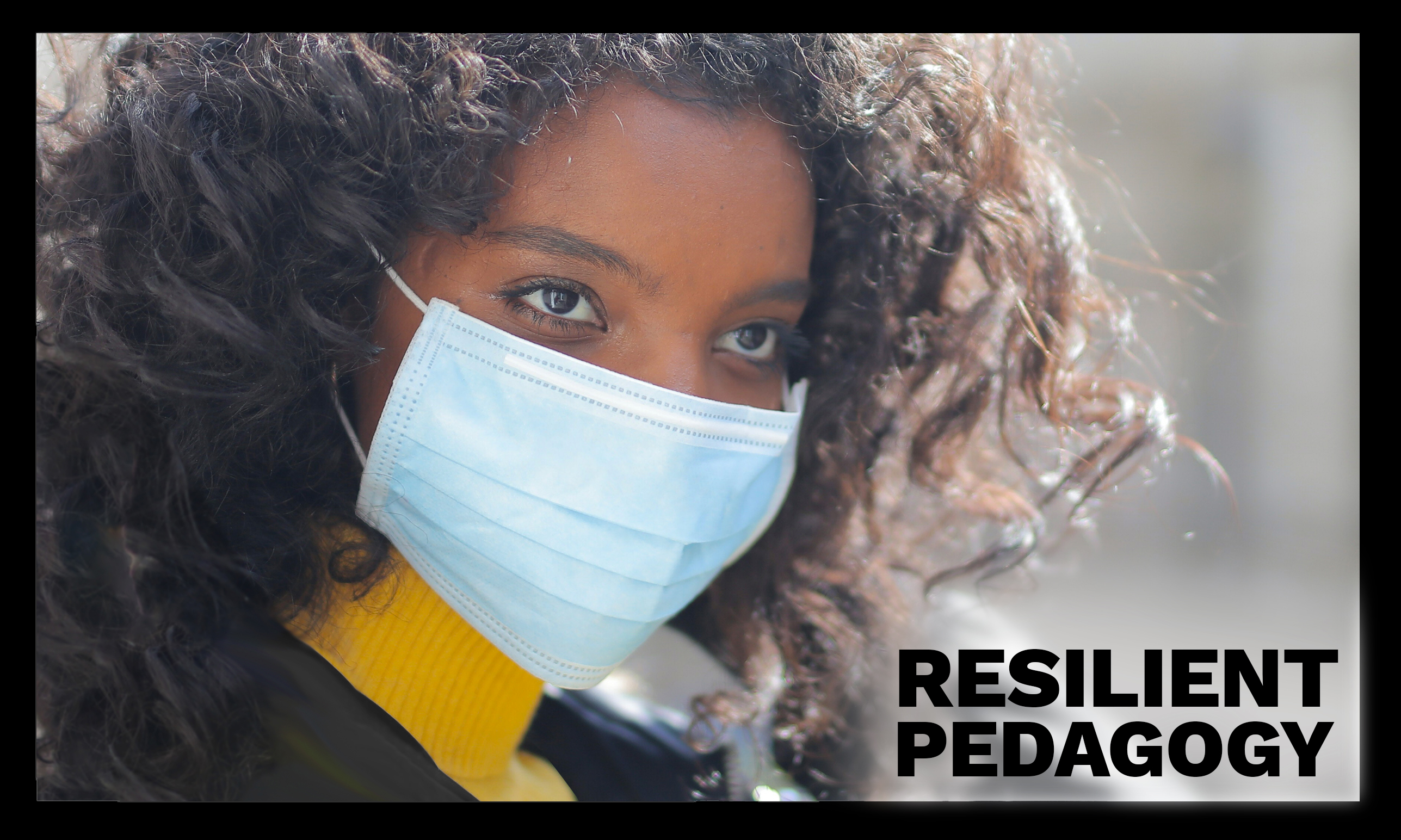
Resilient Pedagogy
Document Type
Chapter
Editor
Travis N. Thurston, Kacy Lundstrom, and Christopher González
Publisher
Utah State University
Publication Date
6-7-2021
First Page
225
Last Page
239
Creative Commons License

This work is licensed under a Creative Commons Attribution-Noncommercial-No Derivative Works 4.0 License.
Abstract
College students have long used community-based practices such as study halls, review sessions, study groups, homework buddies, and the like as academic strategies to support their learning (Hogan, 1999; Madland & Richards, 2019; Thalluri et al., 2014). With increased access to online conferencing capabilities, working in community has been adapted by faculty who have used the technology to participate in virtual write-on-sites, writing retreats and writing sprints. Thus, it is no surprise that both faculty and learning centers saw the potential for creating virtual spaces for students to work together.
Recommended Citation
Campbell, R., & Kelly, K. (2021). Conducting guided, virtual homework sessions to support student success during COVID campus closures. In Thurston, T. N., Lundstrom, K., & González, C. (Eds.), Resilient pedagogy: Practical teaching strategies to overcome distance, disruption, and distraction (pp. 225-239). Utah State University. https://doi.org/10.26079/a516-fb24.
Included in
Higher Education Commons, Online and Distance Education Commons, Teacher Education and Professional Development Commons


Comments
View in html or various e-book formats.
Version 2 uploaded on 11/10/22.